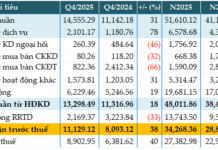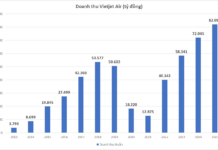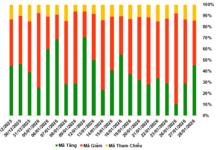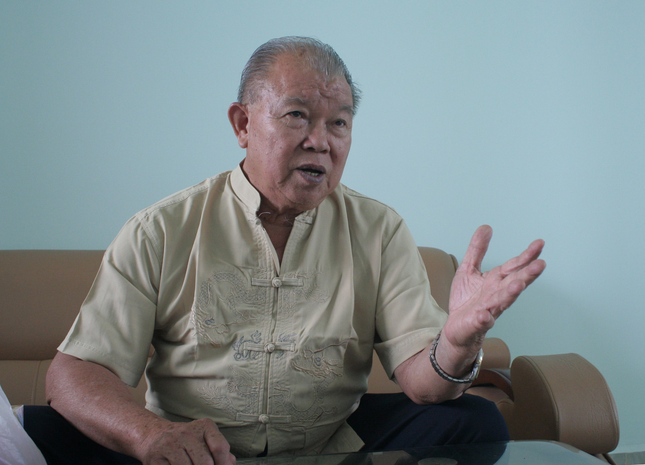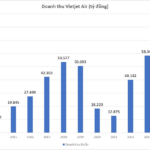Ending the Free-for-All in Vietnam’s Rice Industry?
In an interview with Tien Phong newspaper, Professor Vo Tong Xuan expressed his excitement over the news of the collaboration between the Ministry of Industry and Trade and the Ministry of Agriculture and Rural Development to establish a National Rice Council.
According to Professor Xuan, Vietnam is a powerhouse in global rice exports. In recent years, the rice industry has witnessed remarkable growth, creating livelihoods for tens of millions of farming households.
However, a longstanding weakness in Vietnam’s rice industry is the free-for-all approach. Small-scale farmers operate independently, relying solely on their experience rather than following standardized practices. Businesses also engage in competitive buying and selling, often leading to price undercutting and market manipulation when entering the international arena.
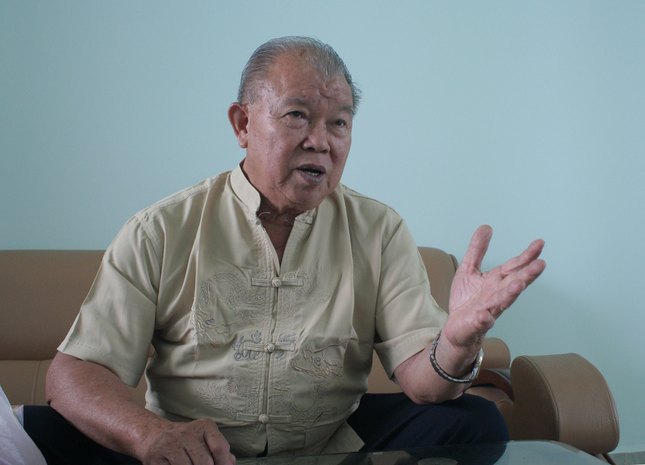
Professor Vo Tong Xuan believes that the establishment of the National Rice Council will provide a “conductor” for the Vietnamese rice industry.
Professor Xuan highlighted the existence of similar councils in other rice-producing countries. For example, Thailand has a Rice Policy and Management Council that coordinates the activities of businesses, associations, and organizations within the rice industry.
The Thai Rice Exporters Association plays a pivotal role in managing and promoting rice exports, supporting exporters, and representing their interests in both domestic and international markets. Meanwhile, the Thai Rice Millers Association works to stabilize rice prices and ensure a stable supply chain from production to retail. Other key players include the Thai Rice Farmers Association, cooperatives, and the Thai Rice Millers Association.
“The formation of Vietnam’s National Rice Council is a step towards professional and comprehensive development in the rice industry,” said Professor Xuan. “It will serve as the conductor, ensuring unity, stability, and sustainability in the rice market and preventing conflicts between different stakeholders.”
Unifying and Comprehensive Development for the Rice Industry
Mr. Tran Son Ha, General Director of the Northern Food Corporation (Vinafood 1), emphasized the necessity of establishing the National Rice Council to address cross-sectoral issues.
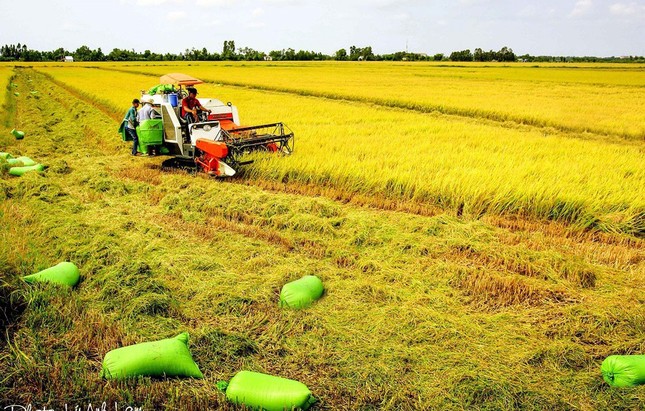
Businesses anticipate that the National Rice Council will bring unified and professional development to Vietnam’s rice industry.
According to Mr. Ha, to ensure the council’s coverage of the entire rice industry, it should consider including domestic rice consumption management and pay attention to rice imports, as Vietnam has been importing significant quantities of rice for processing in recent years.
Mr. Le Quoc Doanh, former Deputy Minister of Agriculture and Rural Development, commented that the establishment of the National Rice Council aims to address not only immediate concerns but also long-term issues. He noted that several countries, such as Thailand, Indonesia, and Brazil, have similar councils for their respective key agricultural products. With the National Rice Council, Vietnam can expect unified policies and faster decision-making processes.
Regarding the council’s organization and operation, Mr. Doanh suggested that the standing committee of the council would be the most crucial group. This committee would be responsible for receiving information from businesses, farmers, and experts to propose solutions. Therefore, it should be divided into specialized teams focusing on areas like production, exports, and markets.
According to the draft proposal for the establishment of the National Rice Council by the Ministry of Industry and Trade and the Ministry of Agriculture and Rural Development, the council’s members will include the Deputy Prime Minister as the chairman, the Minister of Industry and Trade and the Minister of Agriculture and Rural Development as vice-chairmen, and representatives from relevant ministries and local governments.
The council’s tasks include researching and proposing to the Government and the Prime Minister on policies, strategies, mechanisms, and regulations to create a transparent and efficient legal environment, ensuring the stable development of the rice market and promoting the comprehensive and effective growth of the rice industry. The council will also provide consultations, recommendations, and proposals to the Prime Minister on directions and solutions to address important cross-sectoral issues in formulating and implementing policies, strategies, mechanisms, and regulations to drive the development of the rice industry.









